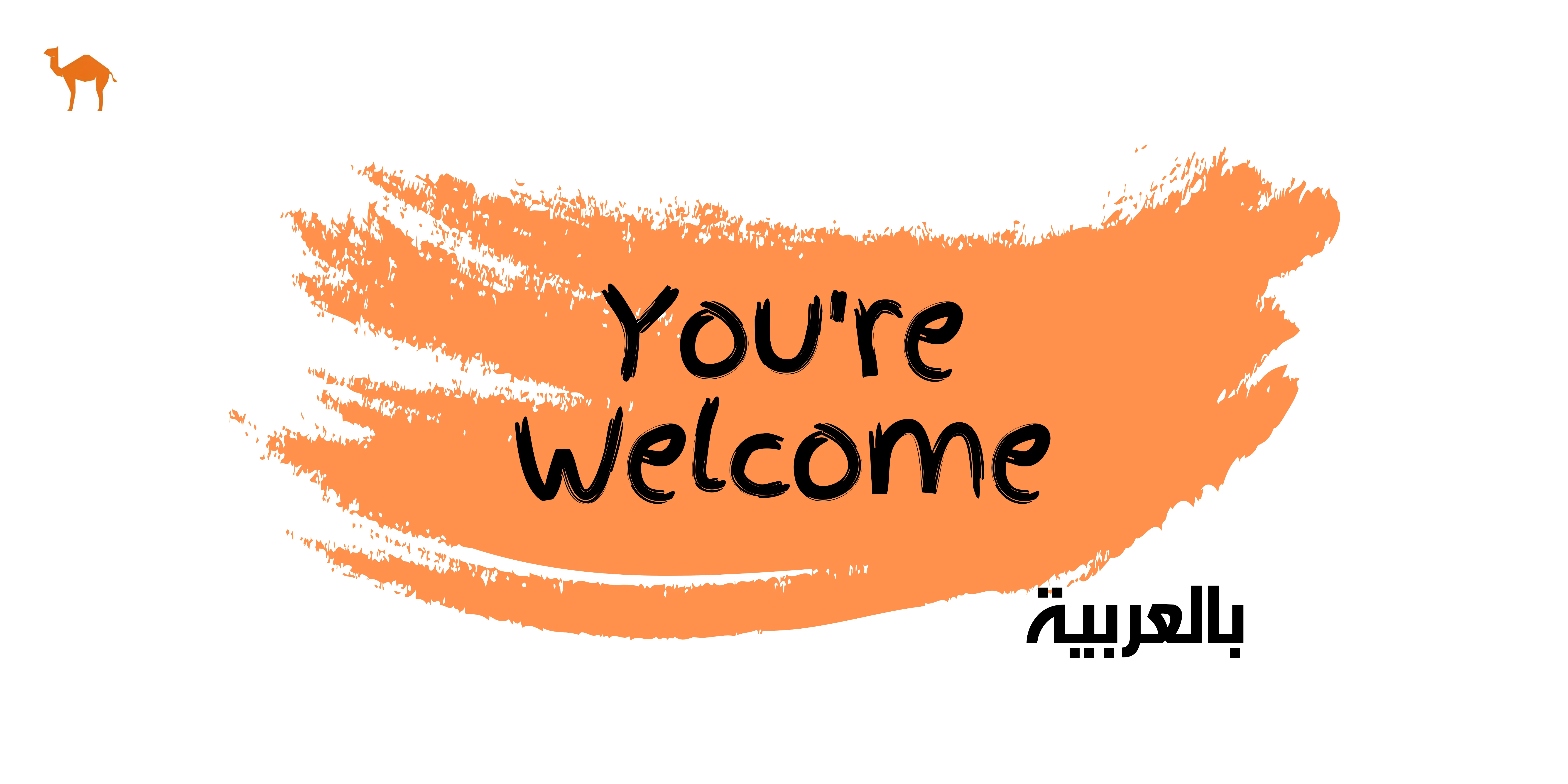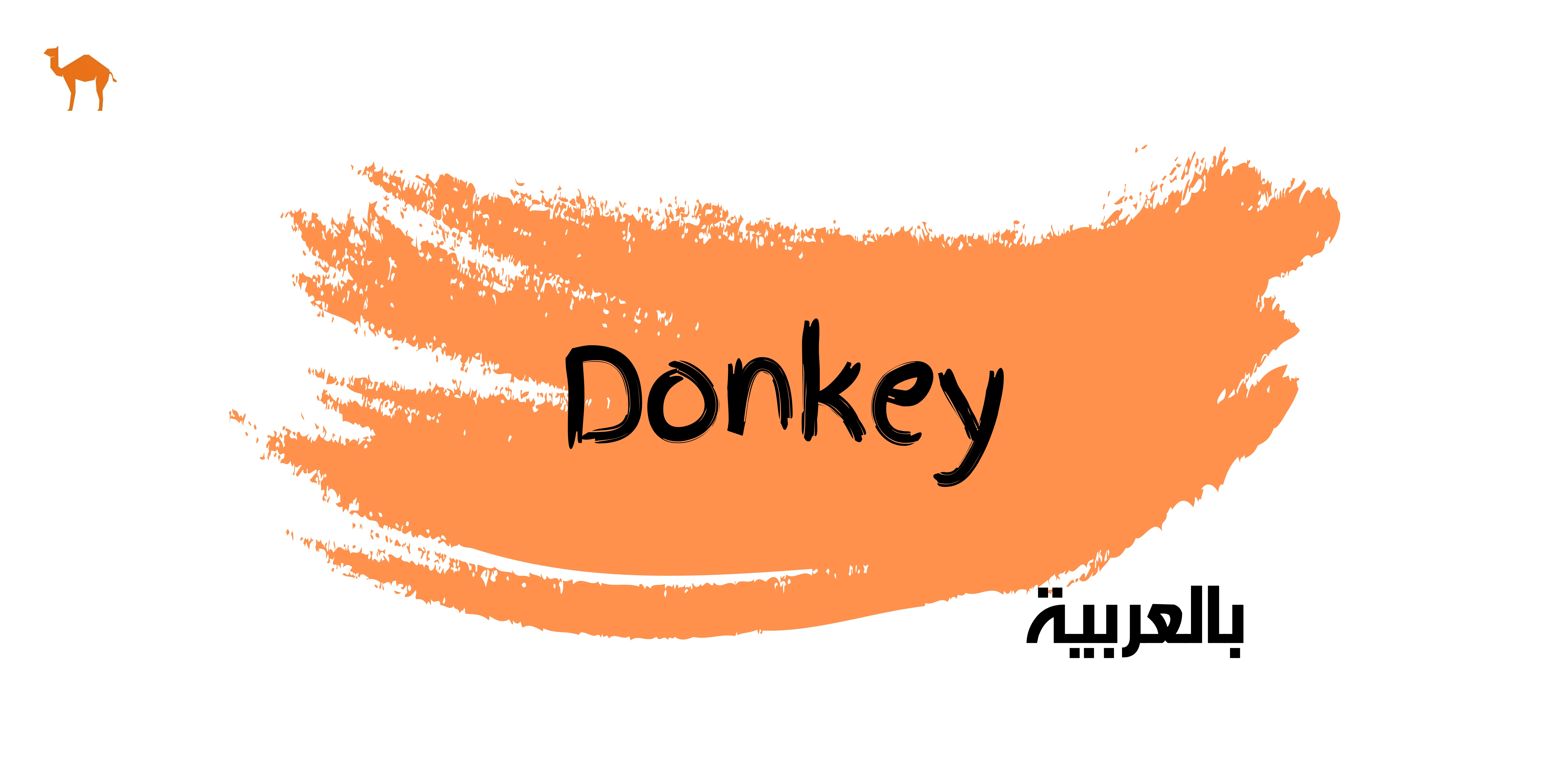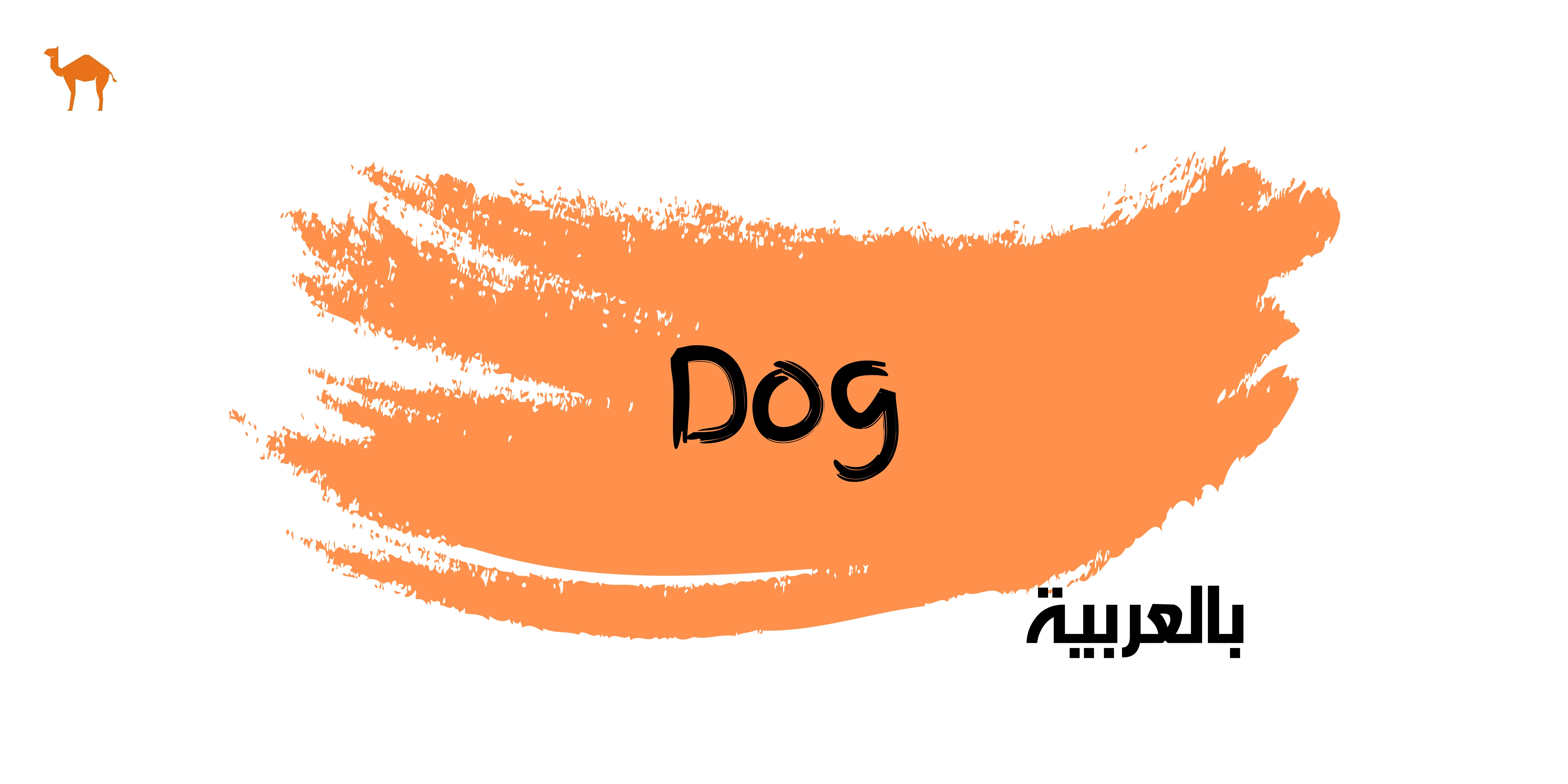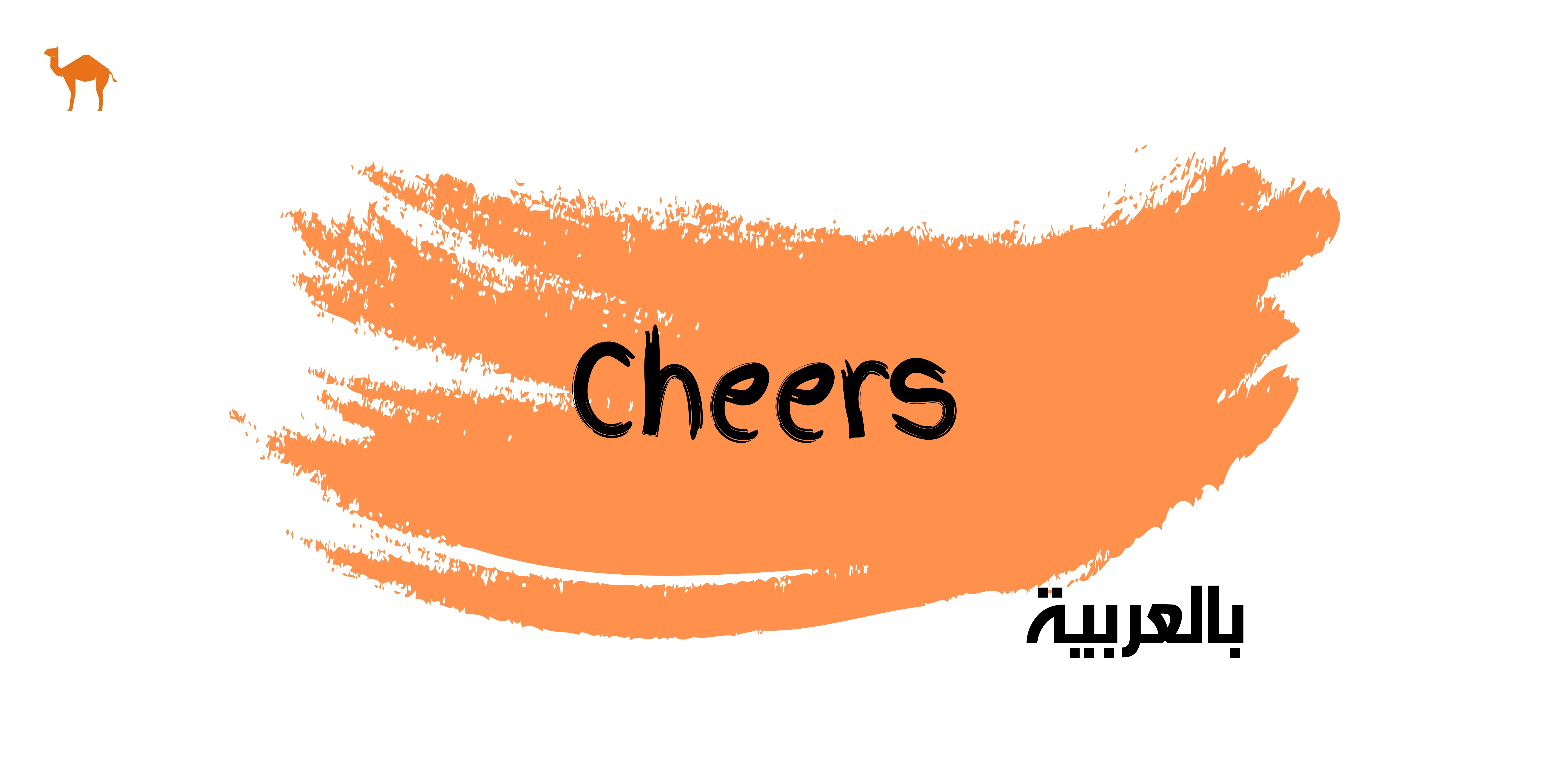How to Say "You're Welcome" in Arabic

Acknowledging gratitude encourages a culture of kindness and generosity. It reinforces positive behavior and makes it more likely that both parties will continue to engage. In many cultures, it is a social norm to respond to thanks with an expression like "You're welcome." Following these norms helps you fit in and be perceived as respectful and well-mannered. In this article, you will learn how to say you're welcome in Arabic.
How to Say You're Welcome in Arabic
- Afwan - عفوًا
This word means "You're welcome" This is the most straightforward and commonly used expression. - Ala Al-rahbi Wa As-se’ah - على الرحبِ والسعة
This expression can be similar to saying "My pleasure" or "You're welcome". - La Shukr Ala Wajib - لا شُكر على واجب
This phrase translates to "No need to thank, it’s my duty". - Men Dawa’y Sorory - من دواعي سروري
This phrase means "It is my pleasure". - Ahlan Bik Fi Ay Wakt - أهلًا بك في أيّ وقت
This phrase offers a nice response to words of gratitude and it means "You're welcome, any time". - La Alaik - لا عليك
This expression is close to the English phrase “Never mind” or "Don’t mention it". - Ash-shukru Lillah - الشُكر لله
This phrase means "All thanks to God". This phrase signals the humility of the speaker and implies the meaning: "Thanks are only given to Allah".
How to Say You're Welcome in Arabic Dialects
Egyptian
Egyptian Arabic, also known as 'Masri' or Egyptian colloquial Arabic, is a spoken dialect of the Arabic language primarily used in Egypt. It is distinct from Modern Standard Arabic (MSA), the formal written language used in literature, media, and official communication across the Arab world.
- العفو (El'afw) - meaning "You're welcome."
- تحت أمرك (Taḥt amrak) or تحت أمرِك (Taḥt amrik) for a female - meaning "At your service."
- ولا يهمك (Wala yihimmak) for a male, or ولا يهمِك (Wala yihimmik) for a female, and ولا يهمكم (Wala yihimukum) for a group of people - meaning "Don't mention it."
Gulf (Khaliji)
Gulf Arabic refers to the Arabic dialect spoken in Saudi Arabia, Kuwait, Bahrain, Qatar, the United Arab Emirates, Oman, and parts of Iraq and Iran. It's also known as Khaliji.
- حياك الله (Hayyak Allah) - meaning "May God greet you."
Levantine
Levantine Arabic refers to the variety of Arabic dialects spoken in the Levant region, which includes countries such as Syria, Lebanon, Jordan, Palestine, and parts of Iraq. It's one of the major branches of Arabic dialects.
- تكرم (Tikram) for a male, or تكرمي (Tikrami) for a female, and تكرموا (Tikramu) for a group of people – meaning "At your service" or "You're welcome."
- أهلا وسهلا (Ahla w sahla) – meaning "You're welcome."
- على عيني (ʿala ʿayni) – meaning "On my eyes," signifying a deep willingness to help.
Darija (Maghrebi)
"Darija" refers to the Arabic dialects spoken in the Maghreb region of North Africa, which includes countries such as Morocco, Algeria, Tunisia, Libya, and Mauritania.
- بالسلامة (B'sslama) – meaning "With peace."
- يعيشك (ʿAychek) – an expression of courtesy, meaning "May you live," used in response to thanks.
Explore the richness of the Arabic language and culture with eArabic.io's online courses tailored for learners worldwide, whether you're a beginner or an advanced student, our comprehensive curriculum and expert instruction provide an immersive learning experience accessible from anywhere. Dive into the program in Arabic, designed to deepen your understanding and proficiency in this vital language. Book a free Arabic lesson!



